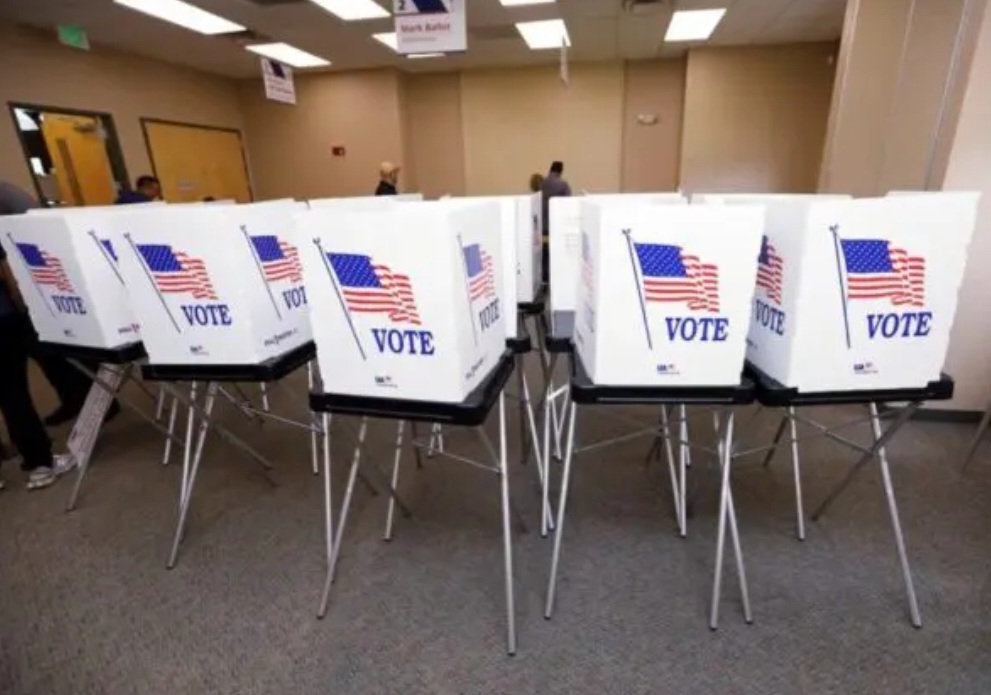U.S. Intelligence report: Russia’s AI campaign aims to manipulate U.S. voters in their presidential election

Russia has been identified as the primary source of AI-generated content aimed at influencing the U.S. presidential election, particularly in favor of Republican candidate Donald Trump over Democrat Kamala Harris, through the spread of false news. This revelation came from a U.S. intelligence official at the Office of the Director of National Intelligence (ODNI). AI content produced by Moscow is “consistent with Russia’s broader efforts to boost the former president’s (Trump) candidacy and denigrate the vice president (Harris) and the Democratic Party, including through conspiratorial narratives,” he said.
One significant aspect highlighted by the official is the use of generative AI, a technology that learns from past election data to create new content that looks like human-produced material. This approach allows Russia to create text, images, and videos that appear authentic and are strategically made to manipulate public opinion. The official emphasized that Russia’s understanding in the dynamics of U.S. elections enables them to effectively target their influence.
In contrast, China utilizes AI content for global influence campaigns aimed at shaping perceptions worldwide, rather than specifically targeting U.S. election outcomes. “China is using AI in broader influence operations seeking to shape global views of China and amplify divisive U.S. political issues,” the official said. “We are not yet seeing China use AI for any specific operations targeting U.S. election outcomes.”
Additionally, the official highlighted Iran’s use of AI to produce social media posts and fake news articles in English and Spanish. These efforts are designed to sway American voters across the political view on contentious topics like Israel, the conflict in Gaza, and the presidential candidates.
Despite these activities, Iran and Russia have denied any interference in the U.S. election, reflecting the complex nature of foreign influence activities in the digital age.




